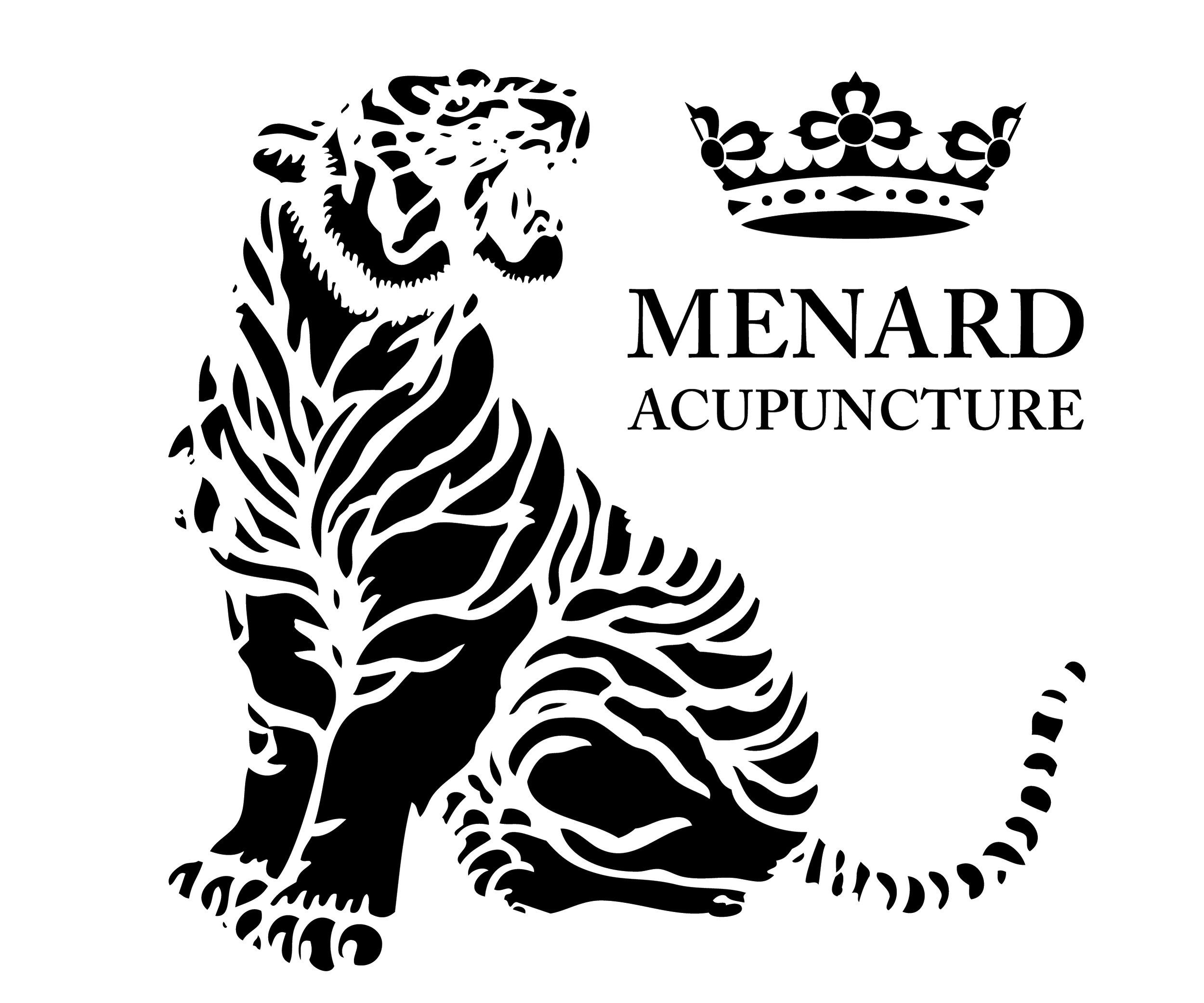Which Cannabis Strains are Better to Induce Sleep - Sativa or Indica?
Unveiling the Science of Sleep: The Role of Cannabinoids
The quest for a restful night's sleep has led many to explore the ancient yet ever-evolving world of cannabis. Over one-third of Americans have reported sleep issues, and many are now open to considerting natural effective remedies, which includes cannabis and its derivatives. Understanding how different cannabinoids interact with our body's endocannabinoid system (ECS) reveals why this plant may hold the key to unlocking better sleep. Let's delve into the science behind cannabinoids and their unique effects on sleep.
THC: The Dream Inducer
THC (Tetrahydrocannabinol) stands out for its psychoactive properties and its ability to bind directly to the brain's CB1 receptors. This interaction can effectively reduce the time it takes to fall asleep by influencing the brain's sleep-wake cycle. However, THC's relationship with sleep is nuanced; while it can increase deep sleep in the short term, excessive use may lead to a decrease in REM sleep, which is crucial for memory and learning.
CBD: The Anxiety Alleviator
CBD (Cannabidiol) interacts with the ECS differently from THC. It doesn't bind as directly to CB1 or CB2 receptors but modulates their effects and enhances the body's production of endocannabinoids. By potentially reducing anxiety and pain, CBD can indirectly improve sleep quality, making it easier to fall and stay asleep.
CBN: The Sedative Component
CBN (Cannabinol), though less researched, is believed to have sedative properties, especially when combined with THC. This cannabinoid might enhance THC's sedative effects, offering a more pronounced aid to sleep. The exact mechanisms of how CBN influences sleep are still being explored, but its emerging role adds another layer to the complex interaction between cannabinoids and sleep.
Indica vs. Sativa: Navigating the Strains for Sleep
The cannabis plant is categorized mainly into Indica and Sativa strains, each offering distinct effects that can influence sleep differently. Understanding these differences is crucial for selecting the right strain to aid in slumber.
Indica: The Nighttime Nurturer
Indica strains are often associated with a body-focused high, providing relaxation and sedation. High in CBD and myrcene, these strains are typically recommended for nighttime use to help unwind and induce sleep. Strains like 'Granddaddy Purple' and 'Blueberry Indica' are known for their potent relaxing effects.
Sativa: The Daytime Dynamo
Conversely, Sativa strains are linked to a more cerebral, energizing high, making them less ideal for sleep. High in THC and terpenes like limonene, Sativas are better suited for daytime use. However, for those seeking sleep aids, focusing on Indica or Indica-dominant hybrids might be more beneficial.
Hybrids: The Best of Both Worlds
Hybrid strains combine Indica and Sativa genetics, offering a spectrum of effects. Indica-dominant hybrids may provide the relaxation needed for sleep while minimizing potential grogginess the next day. The key is finding a hybrid with the right balance of cannabinoids and terpenes for your specific sleep needs.
Harnessing Cannabinoids for Sleep: A Personal Journey
The interaction between cannabinoids like THC, CBD, and CBN with the ECS highlights their potential to regulate sleep cycles and improve sleep quality. By influencing receptors and neurotransmitters associated with sleep, these compounds can help realign the body's circadian rhythm, promoting more natural sleep patterns.
Navigating the world of cannabis for sleep involves understanding the nuanced effects of different strains and cannabinoids. Whether seeking the sedative effects of Indica strains or the anxiety-reducing properties of CBD, the journey to better sleep through cannabis is highly personal and rooted in both science and ancient wisdom
Where can I buy cannabis derived products?
Keep in mind that Cannabis Sativa and Cannabis Indica are still considered “Schedule 1” Controlled substances, and can only be sold in dispensaries certified by the state in which it operates, and CBD Hemp is a derivative of the Cannabis Sativa plant that is federally legal due to its trace amount levels of THC, in fact a maximum of 0.3% ∆-9TC by dry weight volume, and is legal to sell across the US. CBD Hemp derivatives are the active ingredients in the Dragon Hemp suite of therapeutic products.
Kevin
